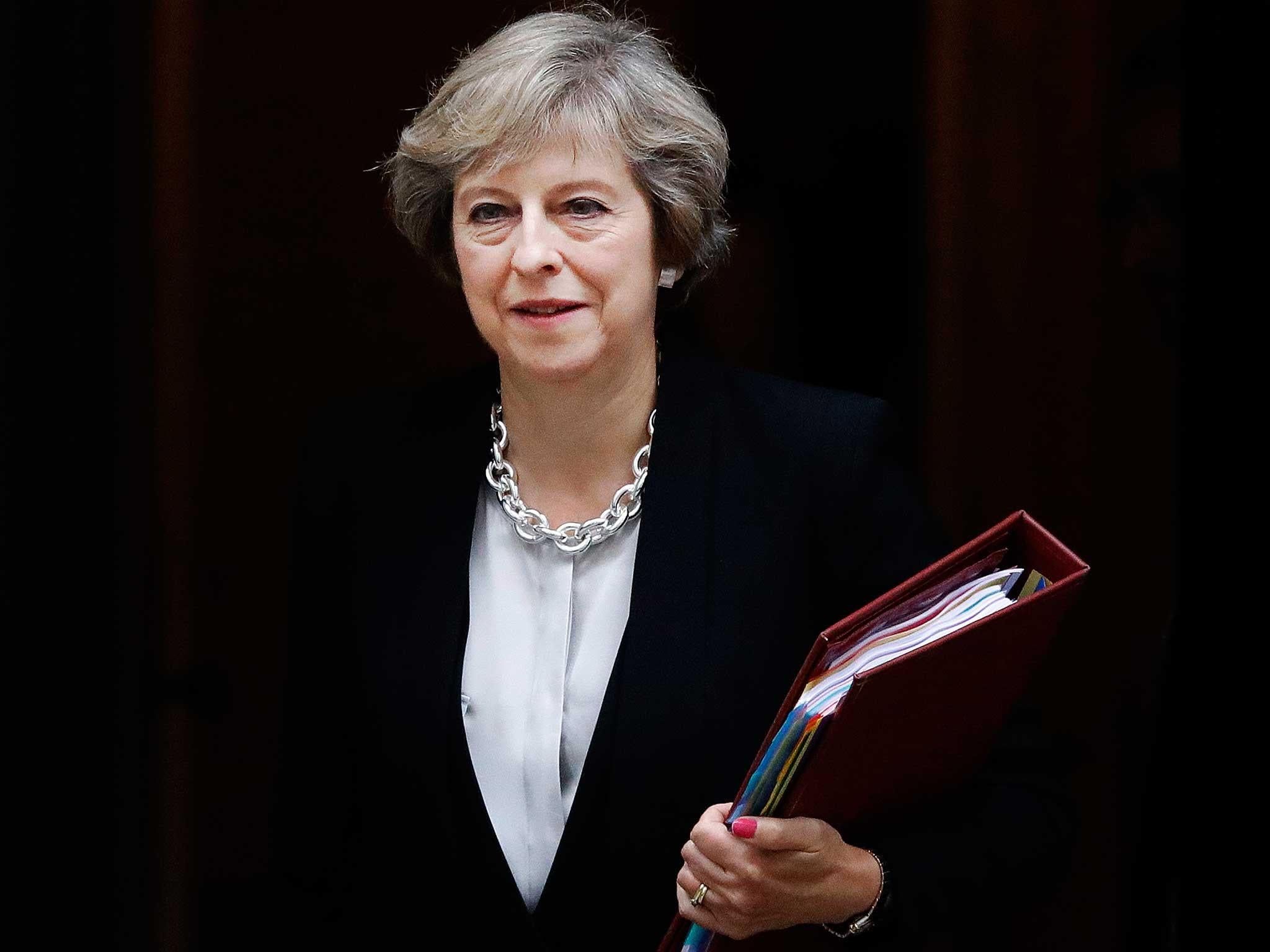Post-Brexit, there aren't enough resources to make Theresa May's grammar schools a success
Please send your letters to letters@independent.co.uk

Although I don’t agree, I can possibly accept that Theresa May sees her new version of selective grammar schools as a way of boosting social mobility. But even in its most benign form, with all the flexibilities in the world to provide second chances at twelve and thirteen, there are two major problems.
The first is that many of those backing her proposals will be doing so for quite different reasons, such as nostalgia, middle-class tribal loyalty, or indifference to the evidence of counter-arguments.
The second, and more important reason, is that to do this properly will take a lot of money and a long time: possibly more money than post-Brexit Britain with an ailing NHS can afford, and longer than Theresa May's tenure as PM. I can easily imagine a job half-done, with well-funded new grammar schools flourishing at the expense of the rest.
This would not be unlike the failure of the 1948 Education Act, which had boldly planned a tripartite system, only the technical schools hardly got off the ground and the secondary moderns became sinks while the grammar schools thrived. That might have worked with selection at thirteen, and could work again if it incorporated entry at that age for academic pupils to an expanded sixth form college sector (renamed “Grammar Colleges”?) and for those so inclined to similarly enhanced FE (“Vocational”?) colleges. These are not new arguments and they are expensive, but could work well where density of population makes it viable (in rural counties it would be more difficult).
Unfortunately Conservative politicians have always appeared blind to those two sectors’ strengths, preferring to regard a school sixth form as the gold standard, however small or under-performing.
Alternatively, May could stop playing with structures and plough the money into making what we’ve got work better.
Patrick Cosgrove
Bucknell
Ms May’s suggestion to create more grammar schools is misconceived. I concur with the criticism of Nicky Morgan, the Education Secretary under Cameron, that “rigorous academic education should not be the preserve of the few”. If this is Morgan’s true belief, then her authorisation in 2015 of a new grammar school in Kent on the pretext that it was an “annexe” to another grammar school over nine miles away, was a deplorable decision and much to her disgrace, since it was made against her principles and despite opposition from local residents and the local state academy.
David Ashton
Kent
All laboratories should have compulsory CCTV cameras to provide a window into animal testing
Vivisectionists have, predictably, objected strongly to the condemnation of Sir David Attenborough and other distinguished people to the use of primates in cruel and distressing experiments. (“Neuroscientists say David Attenborough is being misled by pseudoscientists”, 11 September).
I would go further than Sir Attenborough and say that experimenting on any animal that obviously cannot either give or withhold their consent – and God knows if they could they would surely withhold it – is one of the most extreme forms of immoral behaviour perpetrated by humans. Animals are used in experiments because we can dominate them. They, be they primates, dogs, cats or rodents, cannot escape from their laboratory prisons, and have no choice whatever about the painful and gruesome tests inflicted upon them.
All laboratories (and indeed slaughter houses) should have compulsory CCTV cameras operating at all times and the film should be freely available to the public. I believe in both cases public revulsion and distress at what was revealed would mean changes would be inevitable and rapid.
Penny Little
Great Haseley
Finite money
Satyajit Das in his book A Banquet of Consequences, raises the likelihood of negative interest rates and the obvious need to hoard cash, leading to a run on the banks. He also mentions the employment of ‘finite money’ – by which he means time limited money, to be spent before a set date. The magical thinking of neoliberals and their mad hamster-wheel world of money measured in unreal numbers is destined to fall. There is no alternative. The only question is the scale and nature of the destruction in prospect.
Steve Ford
Haydon Bridge

Join our commenting forum
Join thought-provoking conversations, follow other Independent readers and see their replies